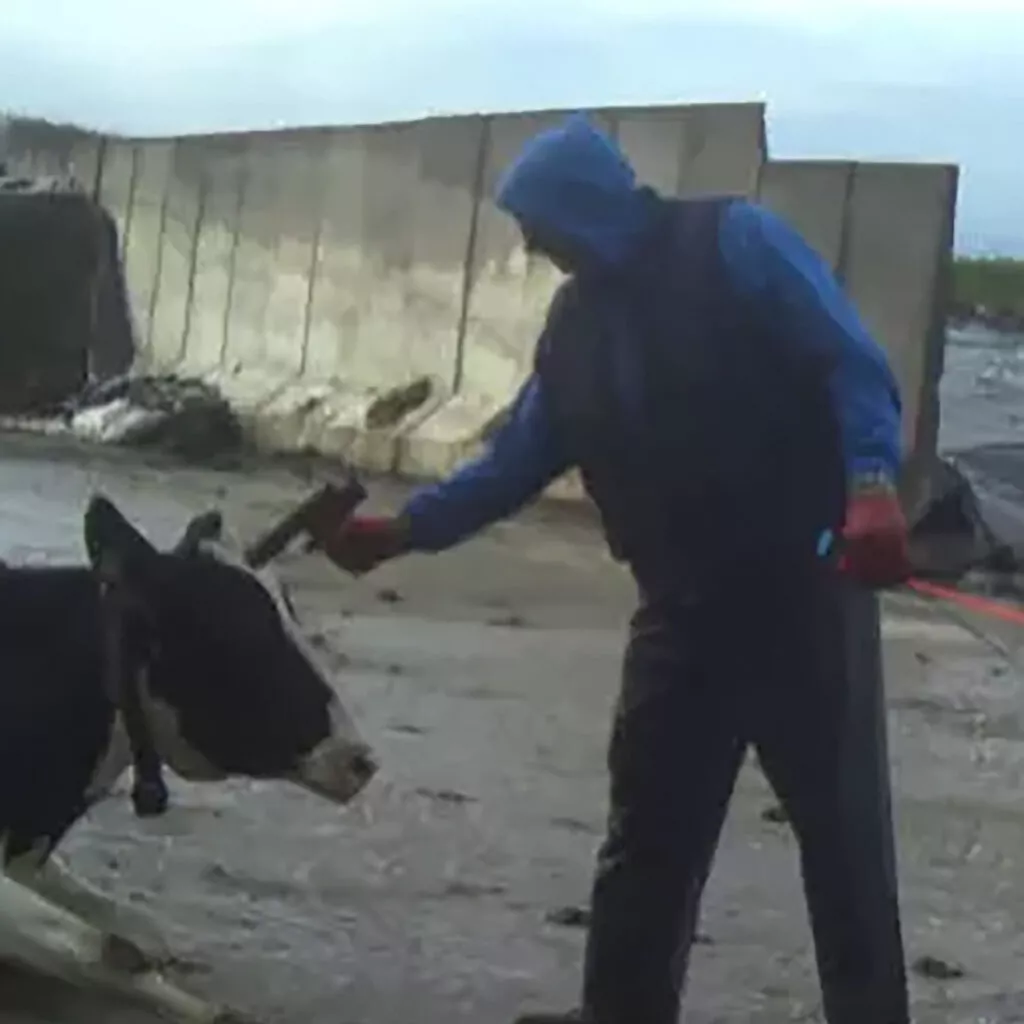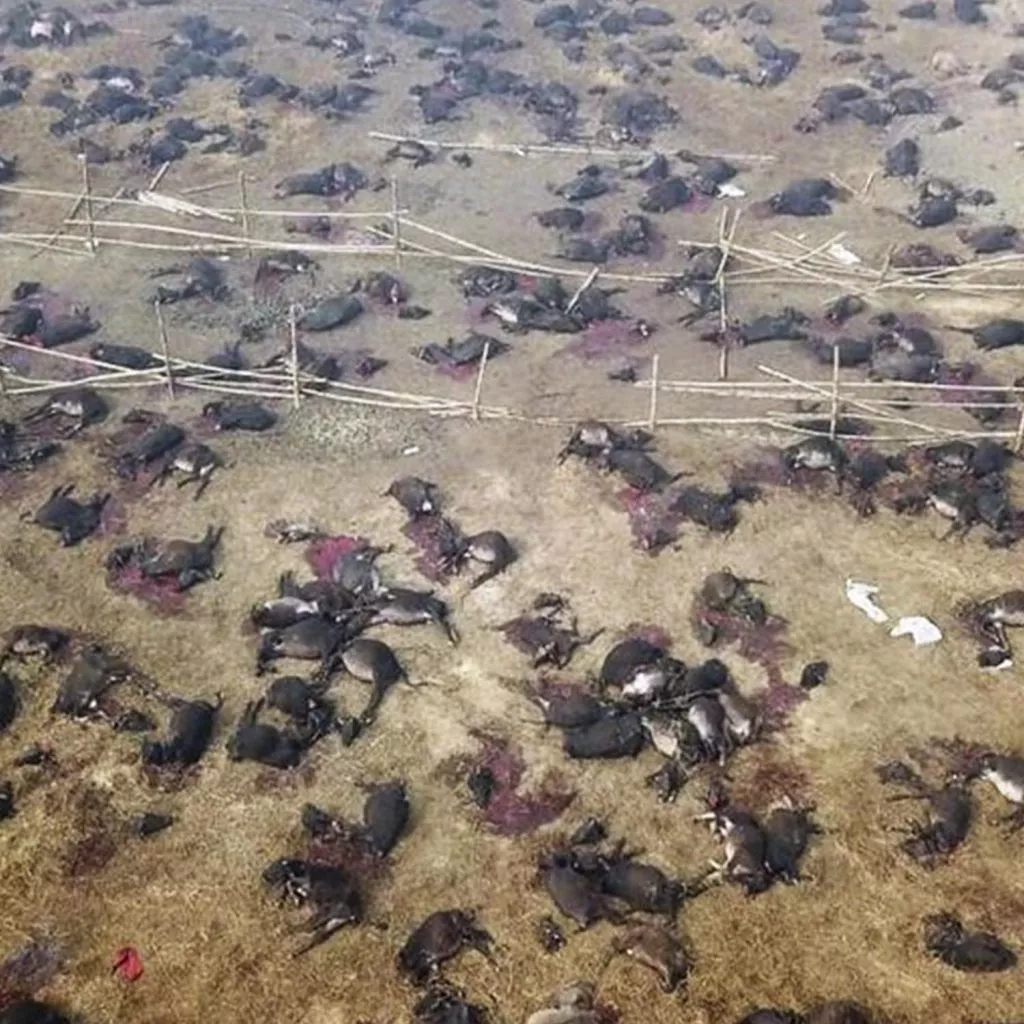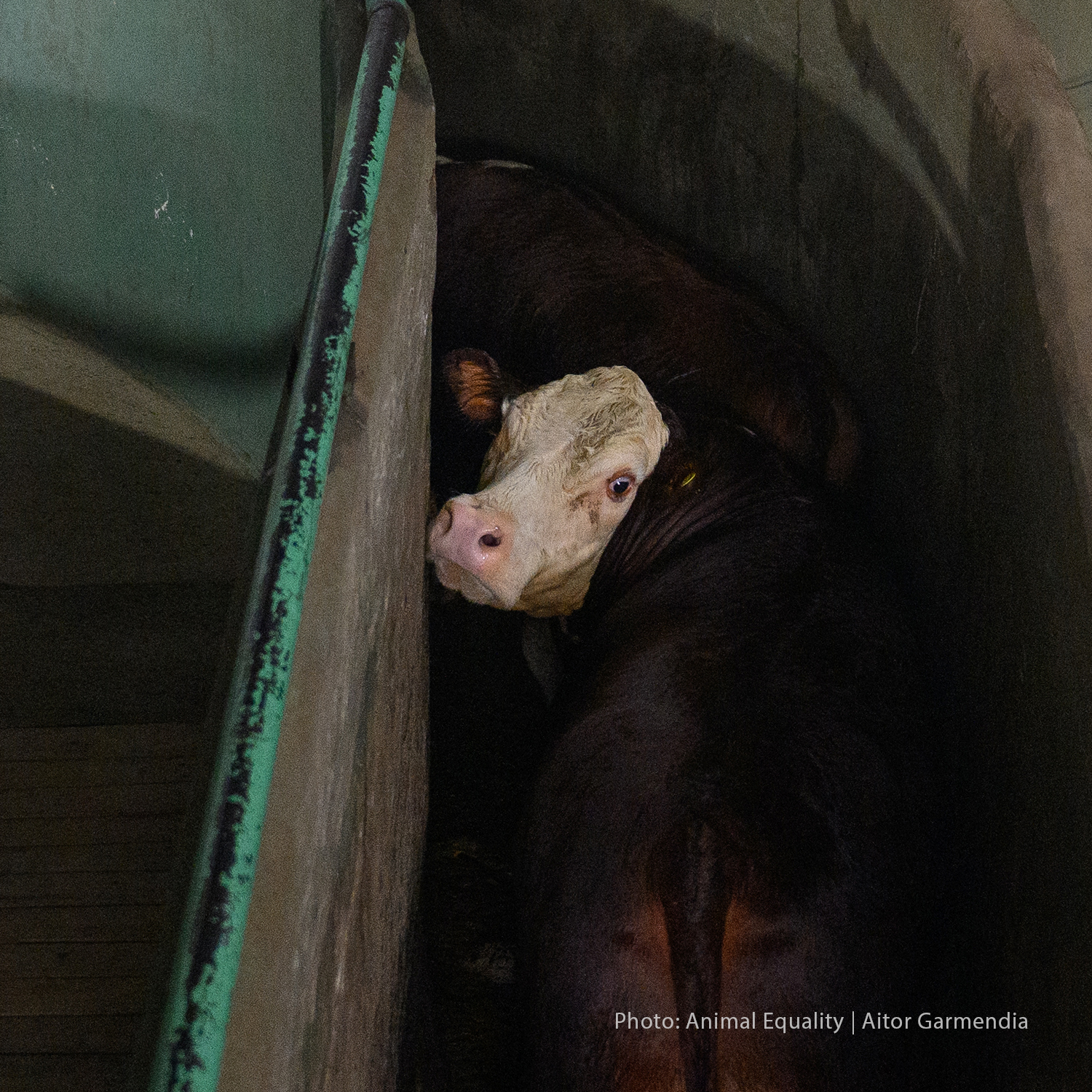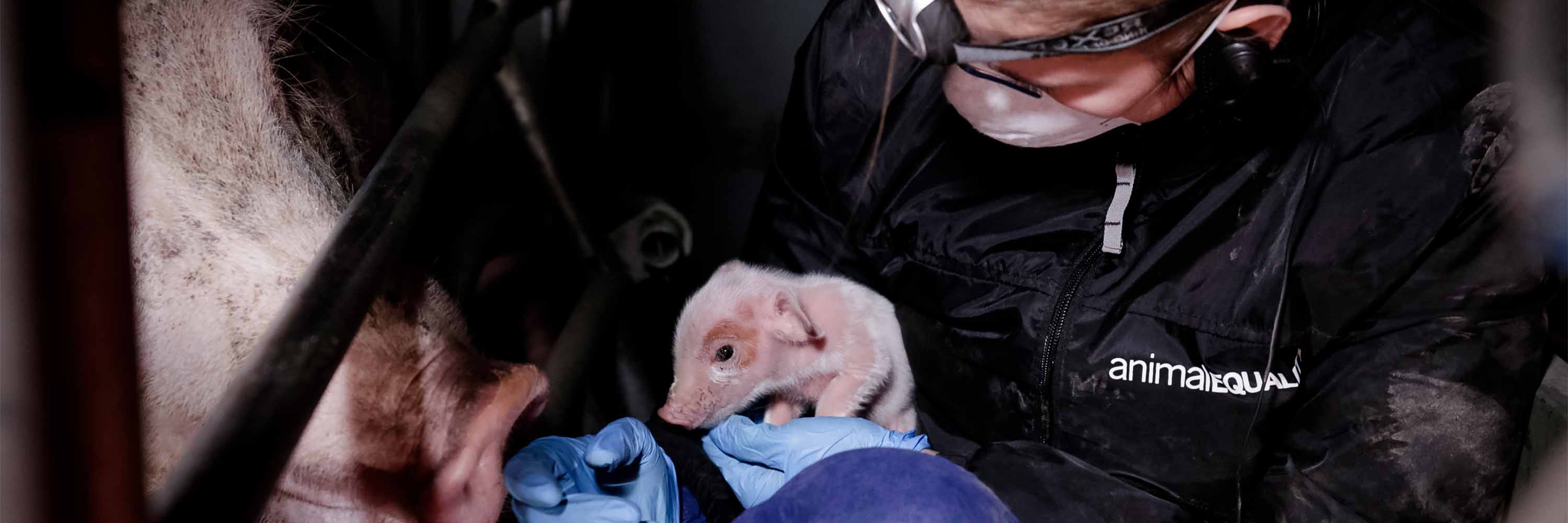
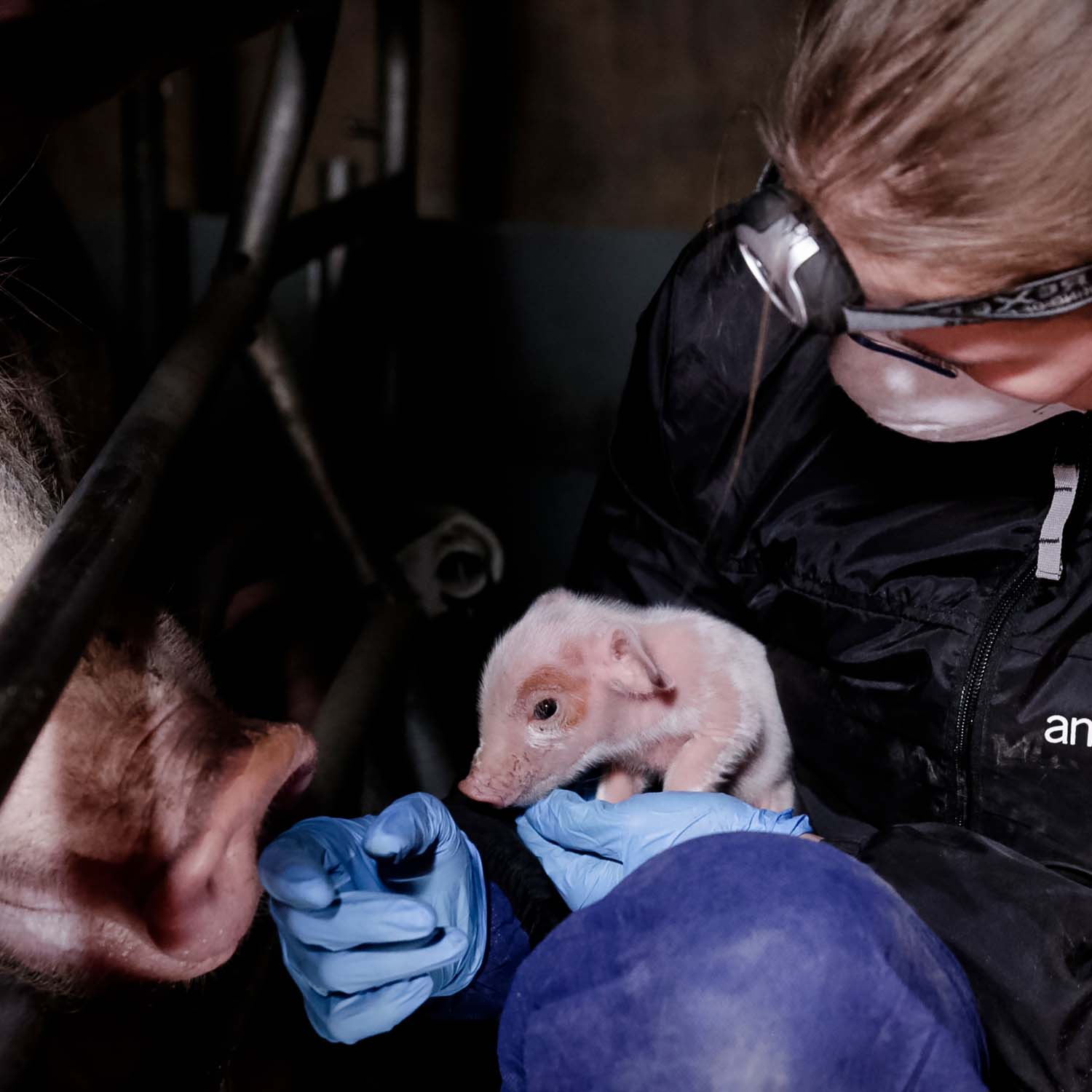
Ag-gag laws: Silencing the truth about animal cruelty
What are ag-gag laws?
Windowless, unmarked, and often tucked into farmland, factory farms and slaughterhouses are built to keep their operations hidden.
In several states, it’s now a crime to reveal what happens inside. Ag-gag laws make it illegal to:
- Filming or photographing without the owner’s permission
- Getting hired to document abuse
- Sharing evidence of animal cruelty
Critics say these laws strip away one of the only tools available to expose abuse. But if sharing the truth is a crime, what does that say about what’s inside?
What the industry tries to bury
Grocery store packaging paints a picture of clean barns, open fields, and content animals. But behind that image lies an industry protected by wealth, political influence, and strategic marketing.
Government oversight is weak. Inspections are infrequent and often announced ahead of time. Regulators routinely look the other way.
In many cases, the only accountability comes from investigators who endure dangerous conditions, threats of retaliation, and even violence to reveal the truth.
Animal Equality has documented conditions across the globe, uncovering:
- Cows skinned alive in Brazilian slaughterhouses
- Pigs dumped into scalding tanks while conscious in Mexico
- Calves frozen to the ground in the U.S.
- Dismembered piglets scattered across farms in Italy
Other findings include illegal deforestation, toxic waste endangering communities, and wet markets teeming with public health risks.
Explore the full archive of investigations.
Where did ag-gag laws come from?
First introduced in the 1990s, ag-gag laws surged after a 2011 investigation revealed cruelty to piglets at Hormel Food in Iowa.
In response, Iowa lawmakers quickly passed legislation to block similar investigations.
Other states followed suit. Many of these laws are still in effect today.
Do ag-gag laws violate your rights?
Free speech advocates say ‘yes.’
Investigative journalist Will Potter–who has spent years challenging these laws–says they suppress vital information about animal abuse, worker safety, environmental harm, and civil rights violations.
In 2021, Animal Equality joined a lawsuit against Arkansas’s ag-gag law. While the case was initially dismissed, a federal appeals court reinstated it. The court agreed: the public has a right to question laws that restrict access to information.
Several ag-gag laws have since been struck down. Others are still being argued in court.
Why it matters… and what you can do
They can ban cameras. Try to silence whistleblowers. But you still have the power of choice at the grocery store.
Every plant-based meal is a rejection of cruelty and a refusal to be kept in the dark.
Get your copy of the Love Veg International cookbook today:
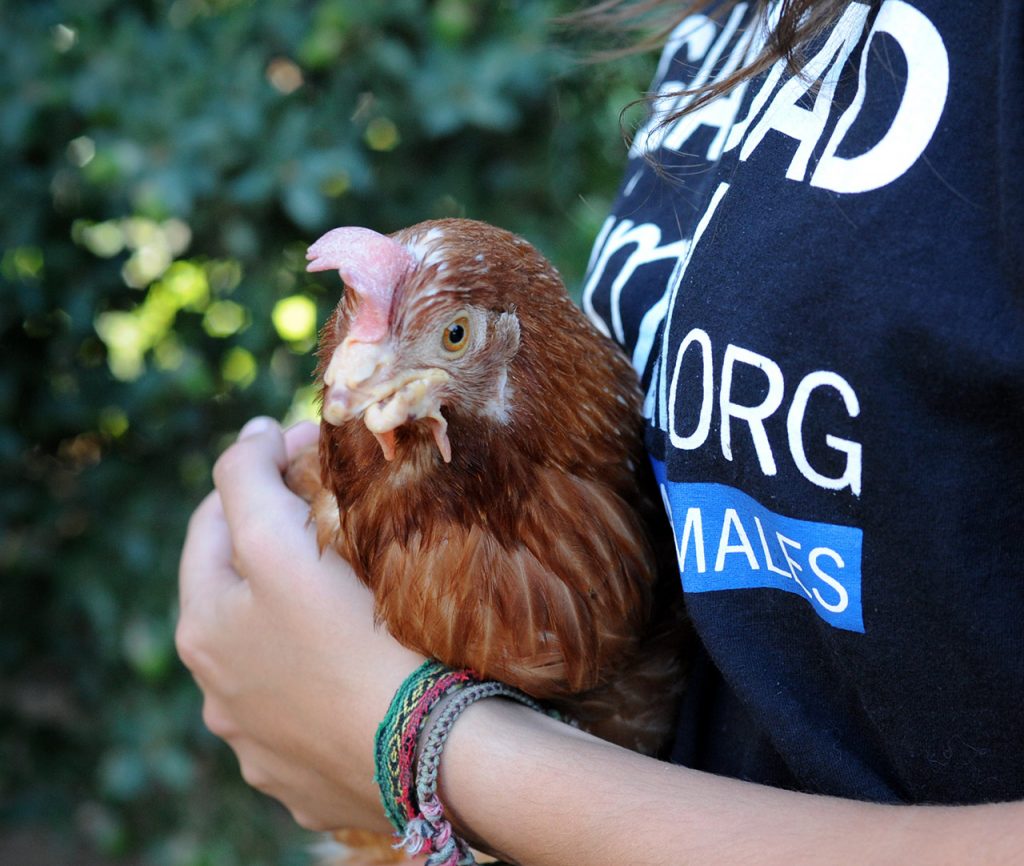
LIVE KINDLY
With rich emotional lives and unbreakable family bonds, farmed animals deserve to be protected.
You can build a kinder world by replacing animal food products with plant‑based ones.
Recommended
